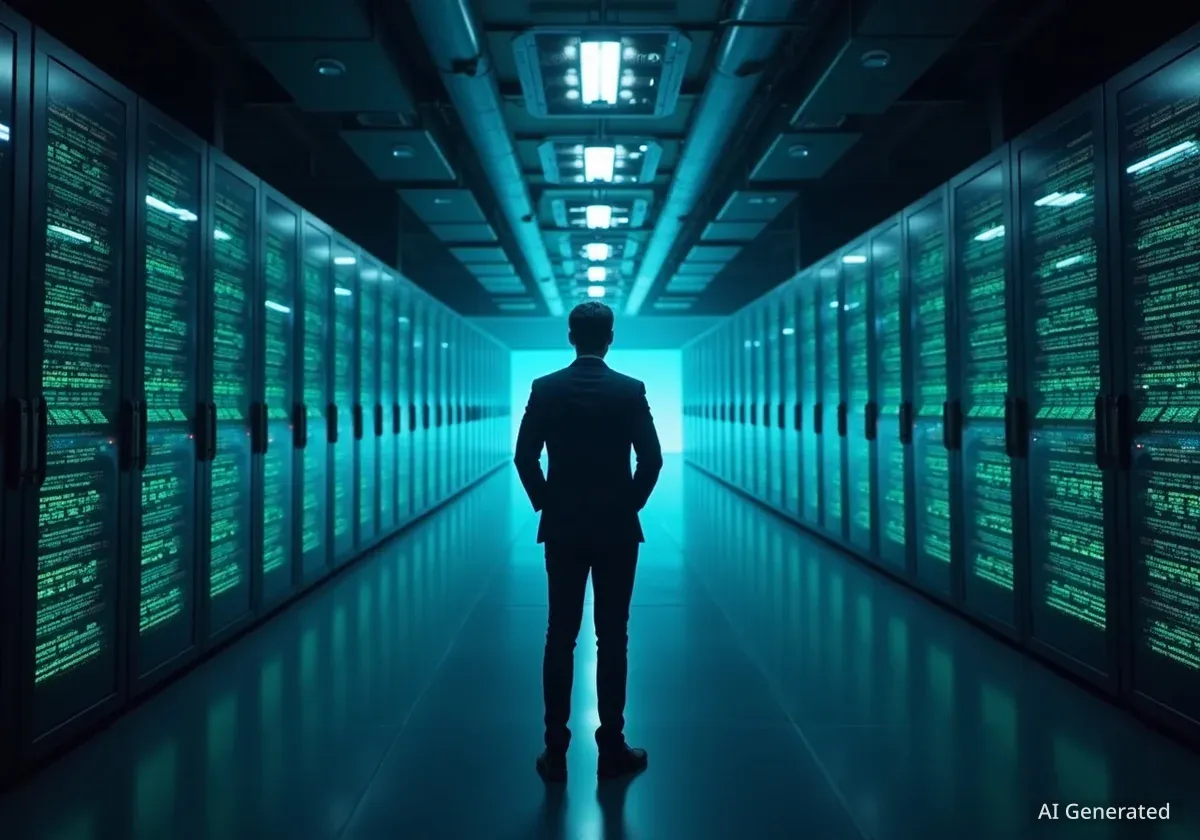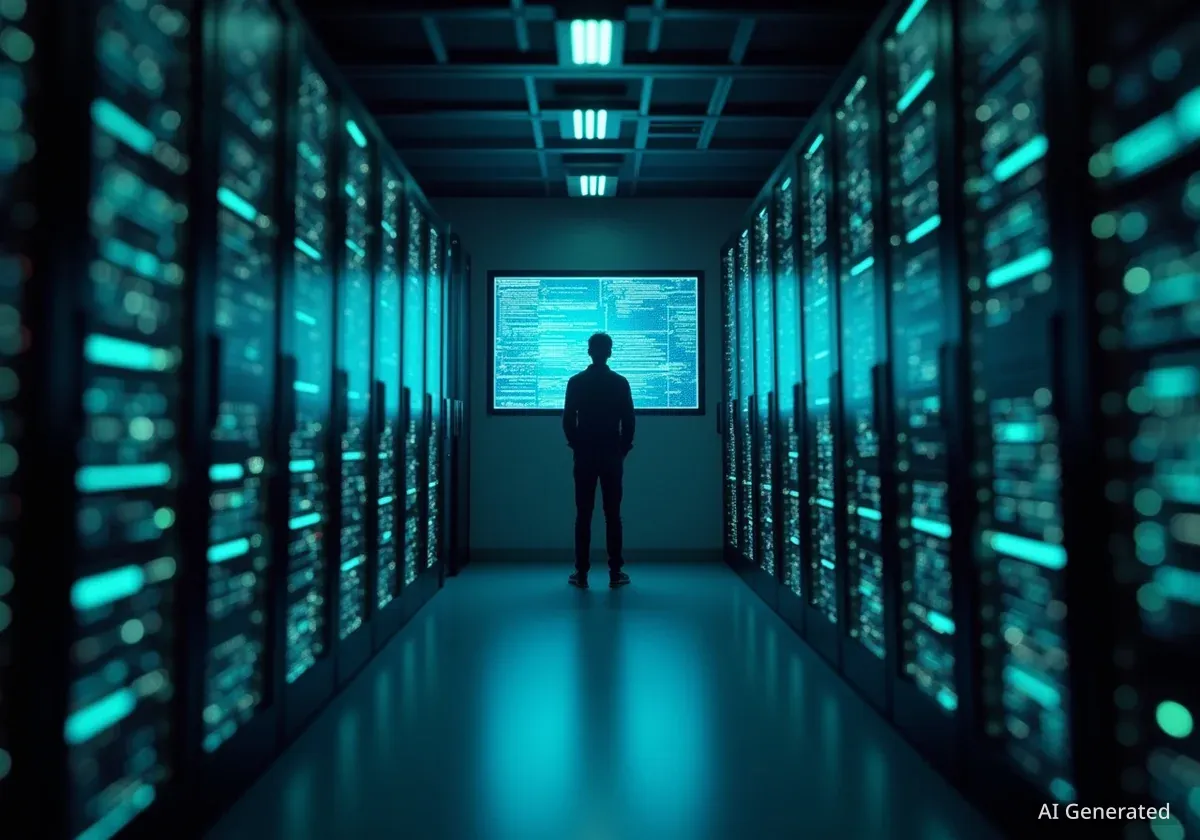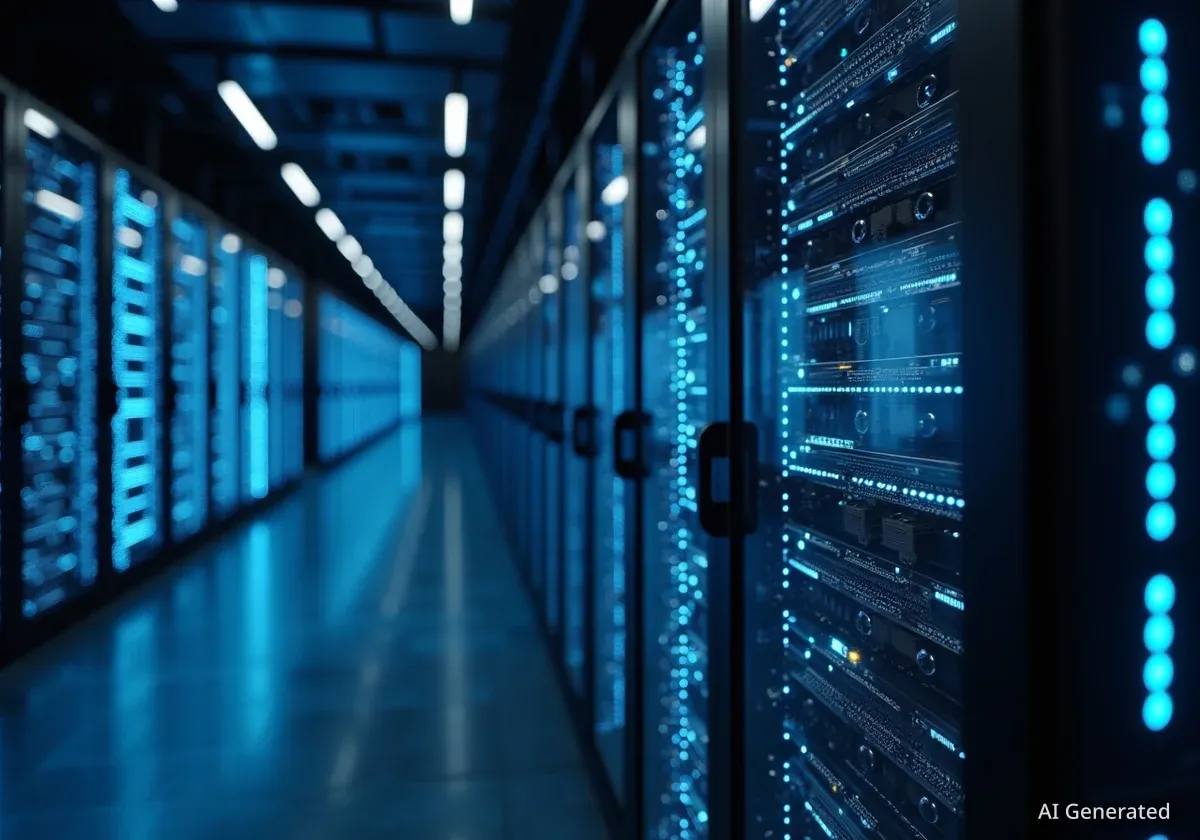Artificial intelligence is rapidly moving beyond theoretical applications and is now actively reshaping major industries, including sports, entertainment, and technology. This expansion is prompting critical discussions about ethics, creativity, and the future of human thought, as AI tools become more integrated into professional workflows and personal routines.
Key Takeaways
- AI is being adopted in diverse sectors such as professional sports for strategy and in the music industry for composition.
- The technology raises significant ethical questions regarding the use of celebrity likenesses and the potential for job displacement.
- Experts are concerned that over-reliance on AI could diminish critical thinking and deep analytical skills.
- The development of advanced AI models like Grok highlights the rapid pace of innovation and the competitive landscape among tech giants.
- Public and regulatory scrutiny is increasing as AI's societal impact becomes more apparent.
AI Integration in Entertainment and Sports
Artificial intelligence is no longer a futuristic concept in the entertainment and sports worlds; it is a present-day reality. Major organizations are exploring AI to enhance fan engagement, optimize strategies, and create new forms of content.
The National Football League Explores AI
The National Football League (NFL) has begun to experiment with AI in various capacities. While specific applications are still emerging, the league is looking at how machine learning can analyze game footage to identify patterns and inform coaching decisions. This data-driven approach could potentially change how teams prepare for opponents and develop plays.
Beyond strategy, there is also discussion around using AI for fan experiences, such as personalized content delivery and automated highlights. However, this integration also brings concerns about the technology's reliability and its potential to alter the traditional feel of the sport.
Music and AI Composition
The music industry is another creative field experiencing significant disruption from AI. Sophisticated algorithms can now generate original musical compositions in various styles, raising questions about the nature of artistry and copyright.
AI in Music Creation
Some AI models can analyze thousands of hours of music to learn patterns, chord progressions, and melodies. They can then create new pieces that are stylistically similar to human-composed music, a development that is both intriguing and unsettling for many artists.
While some musicians use AI as a tool to spark creativity, others worry it could devalue human talent. The debate centers on whether AI-generated music can truly possess the emotional depth and originality that comes from human experience.
Ethical and Societal Consequences of AI
As AI becomes more powerful and widespread, its ethical implications are drawing increased attention. Key debates revolve around intellectual property, the nature of thought, and the responsibilities of tech companies.
The Use of Deceased Celebrity Likenesses
A particularly contentious issue is the use of AI to digitally resurrect deceased celebrities for films, advertisements, and other media. This practice allows studios to generate new content featuring iconic figures, creating lucrative opportunities.
"The ability to recreate a person's likeness and voice with AI brings forward complex legal and ethical challenges for estates and families, who must navigate how a person's legacy is represented after their death."
This technology has sparked a debate about consent, legacy, and the right to one's own image. Critics argue it can be exploitative, while proponents see it as a new frontier for storytelling. The legal frameworks governing such use are still struggling to keep pace with the technology.
The Future of Deep Thinking
Beyond entertainment, a broader societal concern is AI's potential effect on human cognition. With AI tools capable of summarizing complex information, writing essays, and solving problems, some experts fear that reliance on this technology may erode our ability to think deeply and critically.
Cognitive Offloading
The term "cognitive offloading" refers to the practice of using external tools (like calculators, GPS, or AI) to reduce mental effort. While often beneficial for efficiency, excessive offloading could potentially weaken our innate cognitive abilities over time, such as memory, navigation, and analytical reasoning.
Educators and psychologists are studying whether the constant availability of AI assistants will discourage the development of foundational intellectual skills. The challenge lies in integrating AI as a supportive tool without allowing it to become a substitute for genuine understanding and mental engagement.
The Rapidly Evolving AI Landscape
The technological underpinnings of AI are advancing at an unprecedented rate, driven by intense competition among major tech firms. This rapid evolution brings both promise and unpredictability.
The Rise of New AI Models
Companies are continuously releasing new and more powerful large language models (LLMs). For example, the development of models like Elon Musk's Grok illustrates a push toward AI systems with distinct "personalities" and access to real-time information. This competitive environment accelerates innovation but also raises questions about safety, bias, and the potential for misinformation.
Each new model's release is often accompanied by debates over its capabilities, limitations, and the ethical guardrails—or lack thereof—put in place by its creators. This fast-paced cycle makes it difficult for regulations and public understanding to keep up.
Public Perception and AI's Future
Public discourse around AI is a mix of excitement and apprehension. While many embrace the convenience and productivity gains offered by AI tools, there is also growing concern about job security, data privacy, and the potential for misuse.
The future of AI will likely depend on a careful balance between innovation and regulation. As the technology becomes more deeply embedded in society, the need for transparent development, ethical guidelines, and public education will become increasingly critical. The decisions made today by developers, policymakers, and consumers will shape the role AI plays for generations to come.





